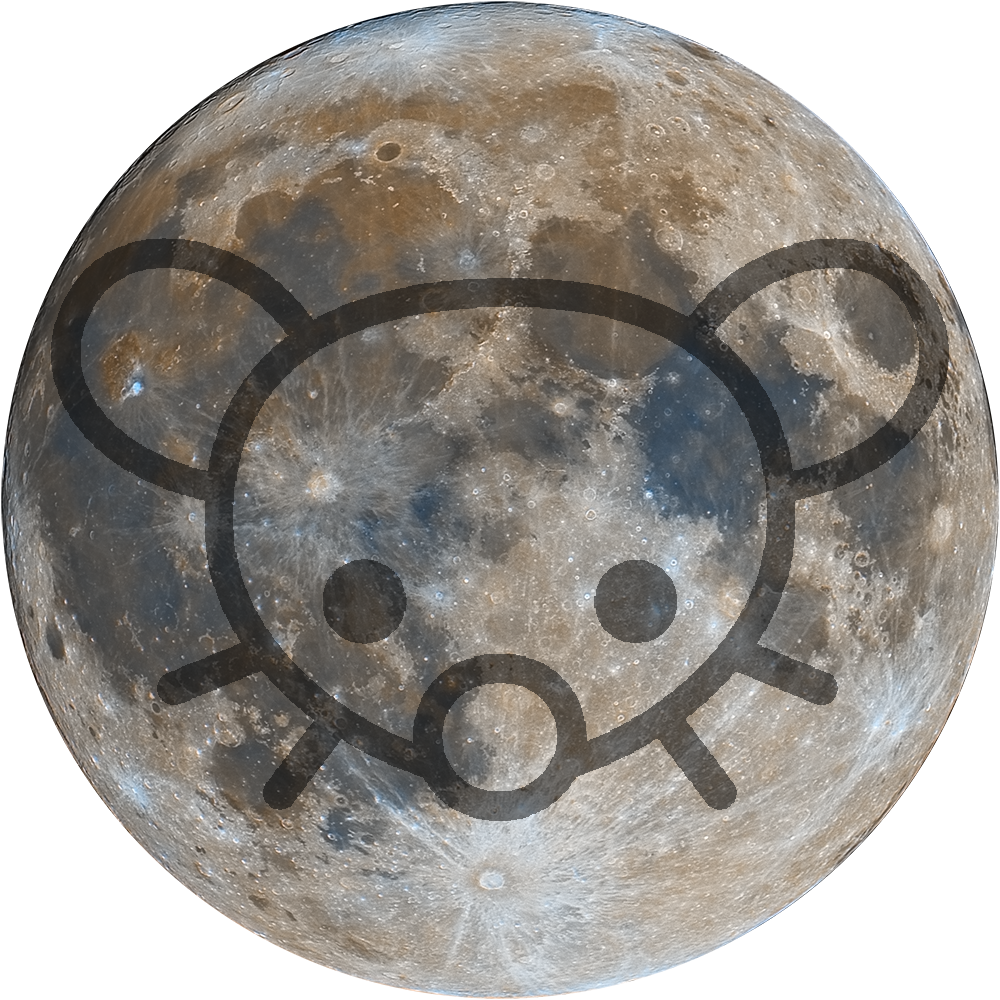I am thinking about buying a camera, but not exclusively for astrophotography. Since this will be my first own camera, I don’t want to spend too much money. For that reason, I looked mainly for Micro four thirds, specifically the lumix g85. I dont know what category of ap I will like the most/focus on, but until now I only tried deep space with a relatives camera. I know I probably wont be able to get images like most in this community, but I want to know your experiences. How far can I get with stacking? What should I look out for in Bodies and lenses?


We were in exactly the same situation and bought a Fuji camera. We are very happy with our decision as we can shoot both ‘normal’ photography with the feeling of a nice camera body and astrophotography on a beginner level.
The results we got so far exceeded our expectations by far, we posted some of our images here in this sub or here in full resolution .
One thing to keep in mind is that normal cameras block most of the infrared light, which makes it unsuitable for shooting hydrogen nebulae. That’s a minor reason why we eventually chose a Fuji camera, as they filter a bit less infrared than other brands.
In the end the biggest impact makes the lens/telescope. After a lot of research we chose the Samyang/ Rokinon 135mm f2.0 lens. Also we found it very rewarding shooting with such a ‘small’ focal length because it forgives minor inaccuracies while giving very good results.
For us the biggest reasons for this hobby are to experience the night sky with our own equipment and learning very much (about physics, processing the data, cameras, …). Both things can be achieved with modest equipment and I would keep that in mind when comparing own images with others. Also I personally love the challenge to get the best possible results with things you already have.
Hope that helped a bit.